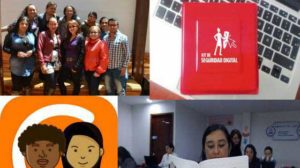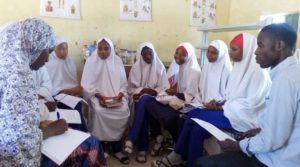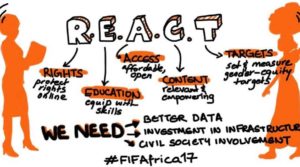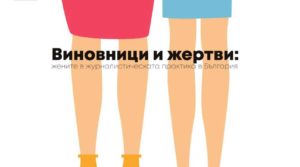In 2017 Colnodo continued its efforts in building digital security skills through training aimed at journalists, activists, ICT centre facilitators and women. Hands-on workshops were organised and teaching materials were developed to promote safe online practices and raise awareness of the resources and tools available to mitigate digital risks. These experiences served as the foundations for the implementation of the Digital Security School in Colombia, in partnership with Canadian APC member organisation eQualit.ie, and the development of a digital security kit based on a kit designed by Derechos Digitales, another APC member.
Colnodo has developed innovative content to build knowledge among various sectors of the population, including women, entrepreneurs and librarians, among others, through online courses and mobile apps for Android and iOS. An app developed in partnership with the Norwegian Refugee Council, “Protection Tips at Your Fingertips”, is aimed at mitigating the vulnerability of social movement leaders in Colombia. In addition, as a way to facilitate access to knowledge for the unconnected or barely connected sectors of the population, Colnodo has developed versions of this online content that are accessible offline.
Meanwhile, 2,000 women entrepreneurs from 18 cities and municipalities across the country, including Bogotá and Medellín, were trained through the “Ella Aprende, Ella Emprende” programme, an initiative supported by Facebook which seeks to enhance the online presence and digital marketing skills of small enterprises headed by women.
Image source: Colnodo.
